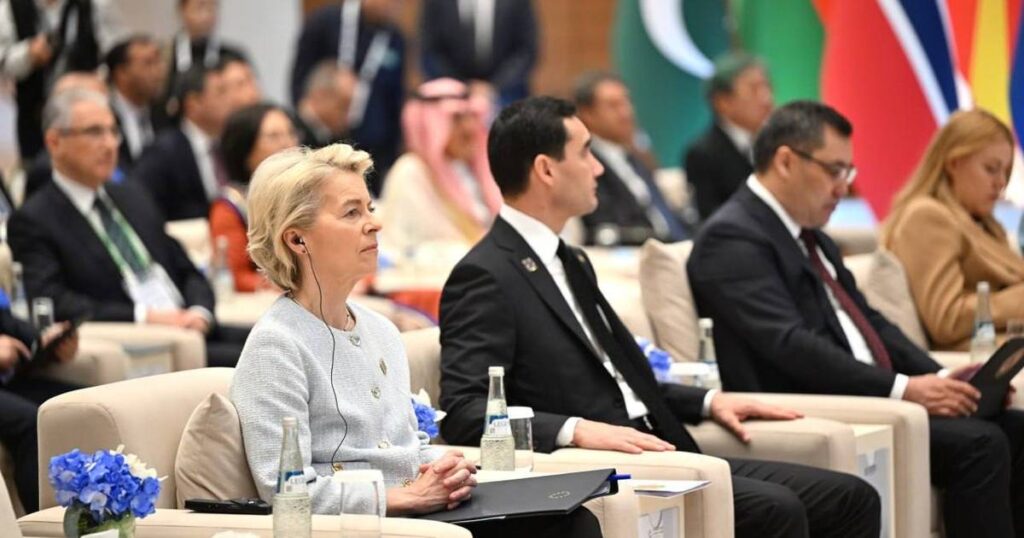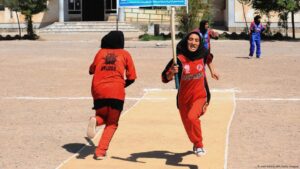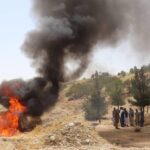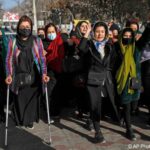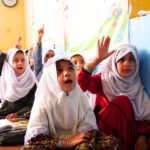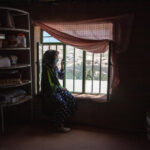The leaders of the European Union and Central Asia, in a joint statement following the conclusion of their first summit, have called for equal access to education and public participation for Afghan girls and women.
Uzbekistan hosted the first-ever Central Asia–EU summit in the city of Samarkand on Friday (April 4). After the summit concluded, the leaders issued a joint statement emphasizing the need for the formation of an inclusive government in Afghanistan based on human rights and fundamental freedoms.
In their statement, the leaders reaffirmed their commitment to Afghanistan’s development and expressed concern over the humanitarian situation in the country.
They also stressed the importance of continued support for the people of Afghanistan.
The statement reads: “We reaffirm our strong commitment to seeing Afghanistan as a secure, stable, and prosperous country with an inclusive government that respects the human rights and fundamental freedoms of all its citizens — including women, girls, members of ethnic and religious groups, and minorities — lives in peace with itself and its neighbors, and adheres to its international obligations.”
The EU and Central Asian leaders also called for full and equal access to education for women and girls, in line with international standards, and for their active participation in public life.
In one part of the statement, the leaders emphasized the continuation of regular consultations among special representatives and envoys from Central Asian countries and the European Union.
The joint statement was issued after Uzbek President Shavkat Mirziyoyev, in his speech at the summit, expressed concern over threats emanating from Afghanistan and the international community’s lack of attention to them. He stated that Uzbekistan is ready to engage in political consultations for the peaceful development of Afghanistan.
While these leaders are advocating for women and girls’ access to education and human rights, the de facto government in Afghanistan, since its return to power, has closed girls’ schools above grade six, and there is no sign of this policy changing in the new academic year.
This action has left millions of school-age girls deprived of education.
Additionally, women have been banned from going to gyms, restaurants, public baths, being examined by male doctors, traveling without a male guardian, and working in domestic and international NGOs, as well as at United Nations offices in Afghanistan.

